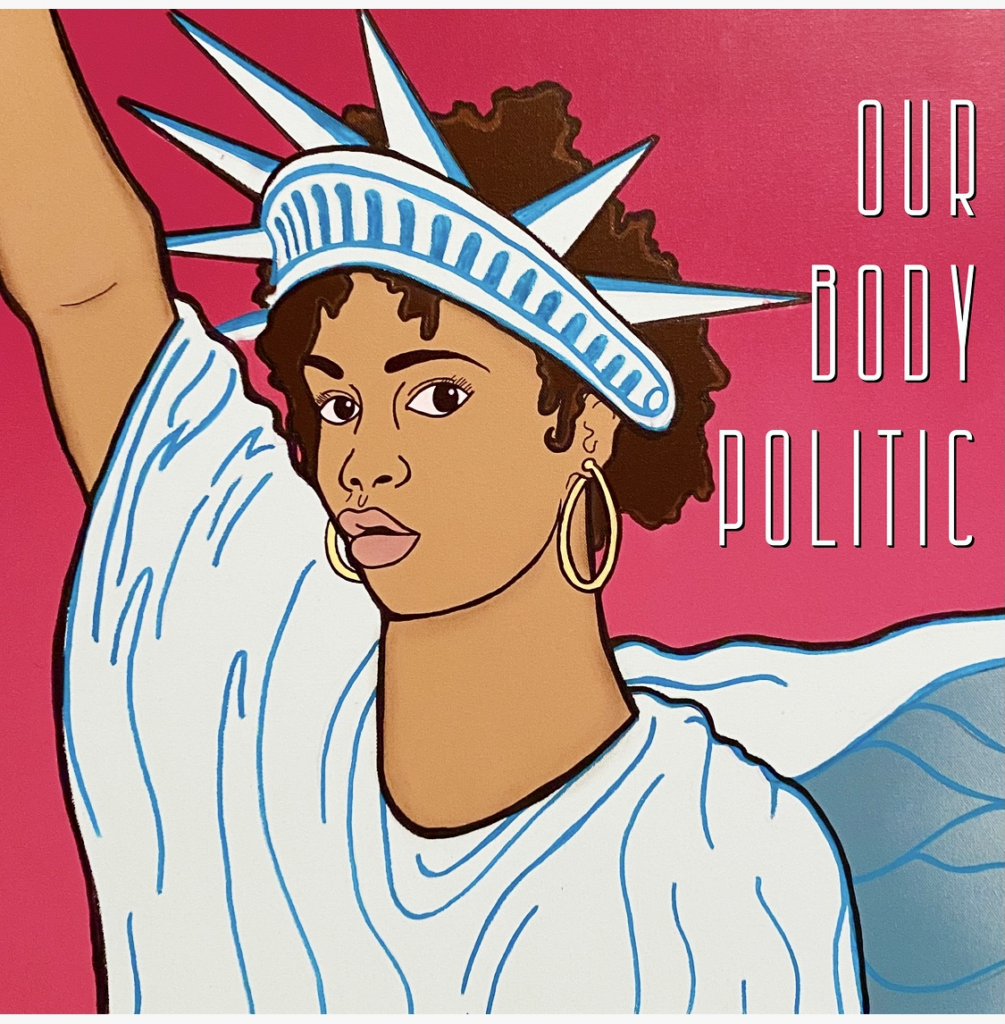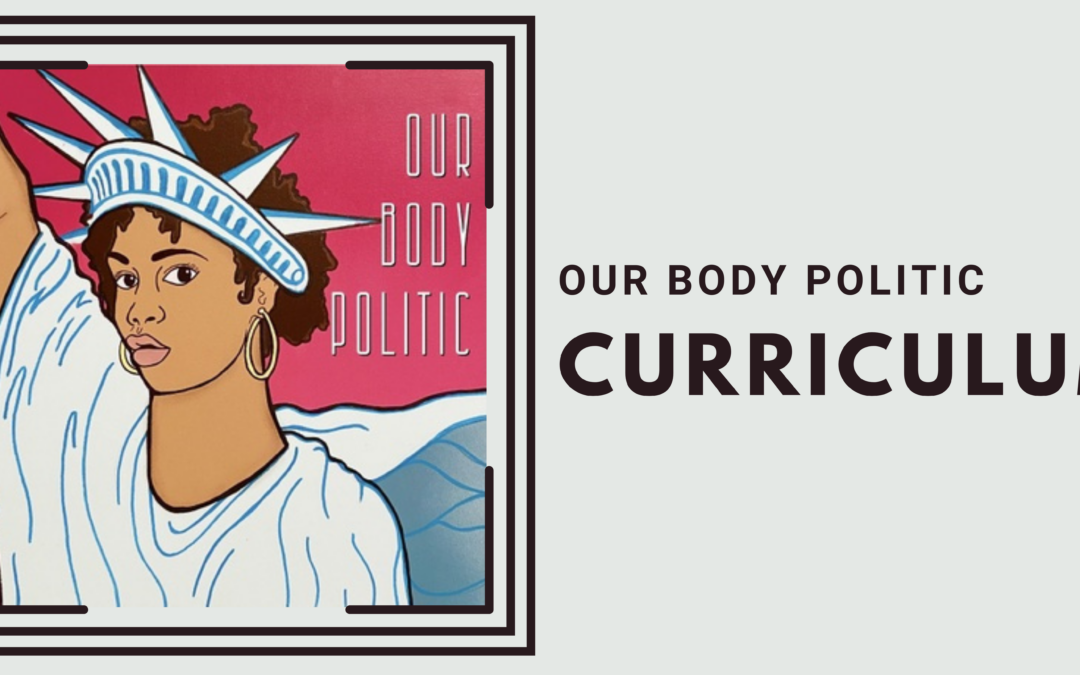At Our Body Politic, we’re developing curriculum for certain podcast episodes. Here is a template and sample for Episode 34.

Our Body Politic:
Heart of Fire: An Immigrant Daughter’s Story
This episode explores how over time societal perception and/or judgment perpetuates and shapes US law and vice versa. Sen. Hirono’s memoir details the discrimination she experiences, while other contributors give insight into how we can address and end social oppressions by re-examining US law and collecting and acknowledging data.
Top Newsmaker Interview – (2-4 questions)
Senator Hirono describes how the Covid-19 Hate Crimes Bill has provisions “that should result in data, enabling people of our community who experienced these kinds of crimes and incidents to be able to more readily report them so that we have a database from which to make further decisions as to what else we should do.”
- How could that data be used to make progressive decisions?
- What do you perceive are the intersections and gaps between data collection on hate crimes for the AAPI community and other communities of color?
Senator Hirono believes that changing school curricula to accurately reflect the history of discrimination and systemic racism in the US would help mitigate racial oppression.
- Which classes and/or subjects do you feel could be most useful in providing an accurate reflection of racial oppression in the US? What lessons, activities, and/or texts would you propose to the instructor(s)?
- What other effective strategies are there to change people’s hearts and minds – both in government and in local communities?
Thought Leaders and Topic Experts (2-3 questions)
“It’s hard to separate the racial history of the makeup and foundation of this country from the laws that are implemented against its citizens.” – Georgetown Law Professor & OBP Legal Contributor, Tiffany Jeffers
Jeffers explains how the Supreme Court ruled “that state courts are no longer going to be required to make a finding that a juvenile cannot be rehabilitated before sentencing them to life without parole for murder.” Still, science proves that the brain does not fully develop until a person is in their mid-20s, suggesting rehabilitation is possible until then.
- Name three (3) ways the government can effectively prevent youth recidivism.
- Which professions and/or resources do you feel could be utilized more to assure fairness in determining the consequence for underage offenders?
Drs. Wong and Jackson of GenForward define ‘good data’ through representation and access. How does the data collection proposed in the Covid-19 Hate Crimes Bill align with their definition, and where might it fall short?

Sippin’ The Political Tea (1-2 questions)
Karen Attiah, Errin Haines and Farai Chideya discuss how the US’s reputation impacts its standing and influence internationally – from human rights, to police training, to vaccine distribution. A recent poll of 50k respondents in 53 countries revealed that more people perceive the US as “a bigger threat to democracy than Russia or China” as its “actions don’t always square with… ideals around freedom and liberty and justice for all.”
- In addition to being perceived as a nation that “talks the talk,” but doesn’t “walk the walk,” what other consequences might occur from the US continuing to lose its status as a model for other democracies?
- Research one way that American policy has influenced or shaped the policy of another country. In your opinion, was it to either country’s benefit or detriment?
Resources
- One-third of Asian Americans fear threats, physical attacks and most say violence against them is rising – Pew Research study discussed by Senator Hirono
- Biden Signs Hate Crimes Bill Amid Attacks On Asian Americans – NPR reporting and full legislation of Covid 19 Hate Crime Bill
- GenForward Survey run by guests Dr. Jackson and Dr. Wong
- Opinion | Wealthy nations are gobbling up vaccines. This moral failure will come back to haunt us. by roundtable guest Karen Attiah referenced in her discussion
